Cast iron pans are a classic and versatile tool in any kitchen. They are loved by both home cooks and professional chefs for their durability, even heat distribution, and ability to sear, fry, bake, and grill all sorts of foods. In this article, we'll dive into the benefits of cast iron pans, how to care for them, and some tips for cooking with them.
Benefits of Cast Iron Pans
- Durability: Cast iron pans are built to last. They can withstand high temperatures and are almost indestructible. They don't scratch easily, and if properly maintained, they can last for generations.
- Even heat distribution: Cast iron pans distribute heat evenly, which means that your food cooks consistently across the entire surface of the pan. This is especially important for searing meat and creating a crisp crust on baked goods.
- Versatility: Cast iron pans can be used on the stovetop, in the oven, and even on the grill. They're great for searing, frying, sautéing, baking, and more. You can even use them to make pizza or cook over a campfire.
- Non-stick surface: With proper seasoning, cast iron pans become naturally non-stick. This means you can cook with less oil, and your food won't stick to the pan.
Caring for Cast Iron Pans
- Seasoning: Seasoning is the process of adding a layer of oil to the surface of your cast iron pan. This helps to protect the pan from rust and makes it naturally non-stick. To season your pan, preheat your oven or grill to 350°F, coat the pan with a very thin layer of oil, or Crisbee Cream and heat it for 60 - 90 minutes.
- Cleaning: To clean your cast iron pan, avoid using heavy duty soap and detergents, as this can strip away the seasoning. Instead, use a stiff brush or Chain-mail Scrubber to remove any food particles, then rinse the pan with hot water and dry it thoroughly. If your pan needs a deeper clean, you can use coarse salt and a sponge to scrub away any stuck-on food.
- Storing: To prevent your cast iron pan from rusting, make sure it's completely dry before storing it. You can also lightly coat the surface of the pan with oil to protect it.
Tips for Cooking with Cast Iron Pans
- Preheat the pan: Cast iron pans take a little longer to heat up than other types of cookware, so be sure to preheat the pan for a few minutes before adding your food.
- Use the right oil: When cooking with cast iron, it's best to use oils with a high smoke point, such as vegetable oil, grapeseed oil, or avocado oil. This will prevent the oil from burning and smoking.
- Don't overcrowd the pan: Cast iron pans retain heat very well, but they can only do so much. If you overcrowd the pan, your food will steam instead of searing.
- Avoid acidic foods: Cast iron pans can react with acidic foods like tomatoes or vinegar, which can cause the seasoning to break down. If you need to cook with acidic ingredients, use a well-seasoned pan, and don't leave the food in the pan for too long.
In conclusion, cast iron cookware is a versatile and durable tool in any kitchen. With proper care and seasoning, they can last for generations and make cooking a breeze. They come in pots, skillets, dutch ovens, pizza pans, and even griddles! Whether you're searing a steak, making queso, or frying chicken, a cast iron is a great choice!
Happy grilling!

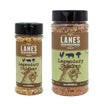
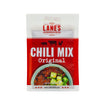
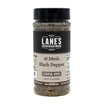
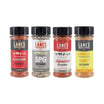
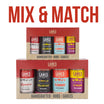
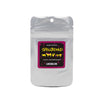
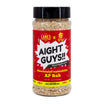
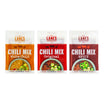
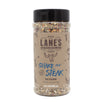
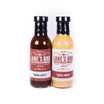
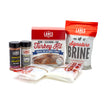
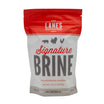
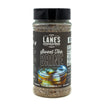
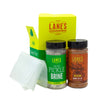
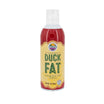
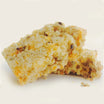
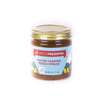






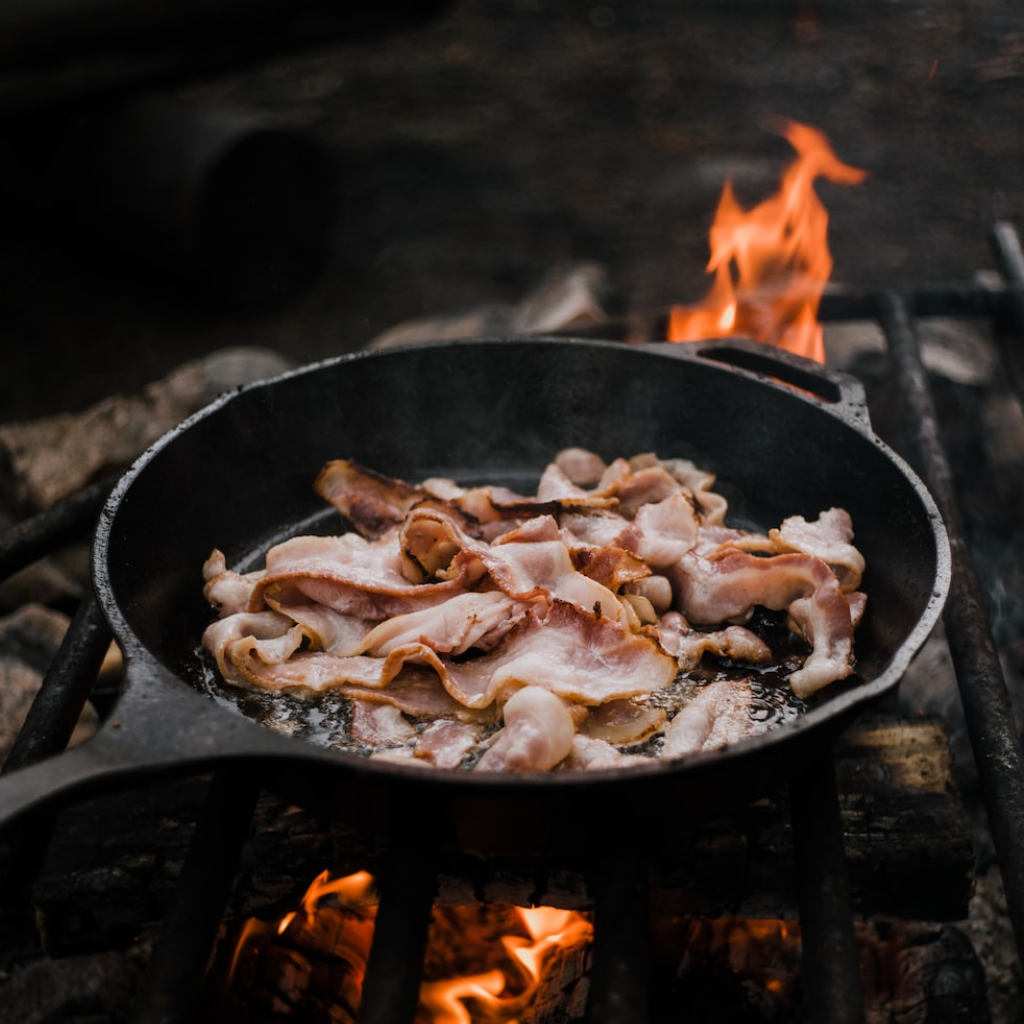
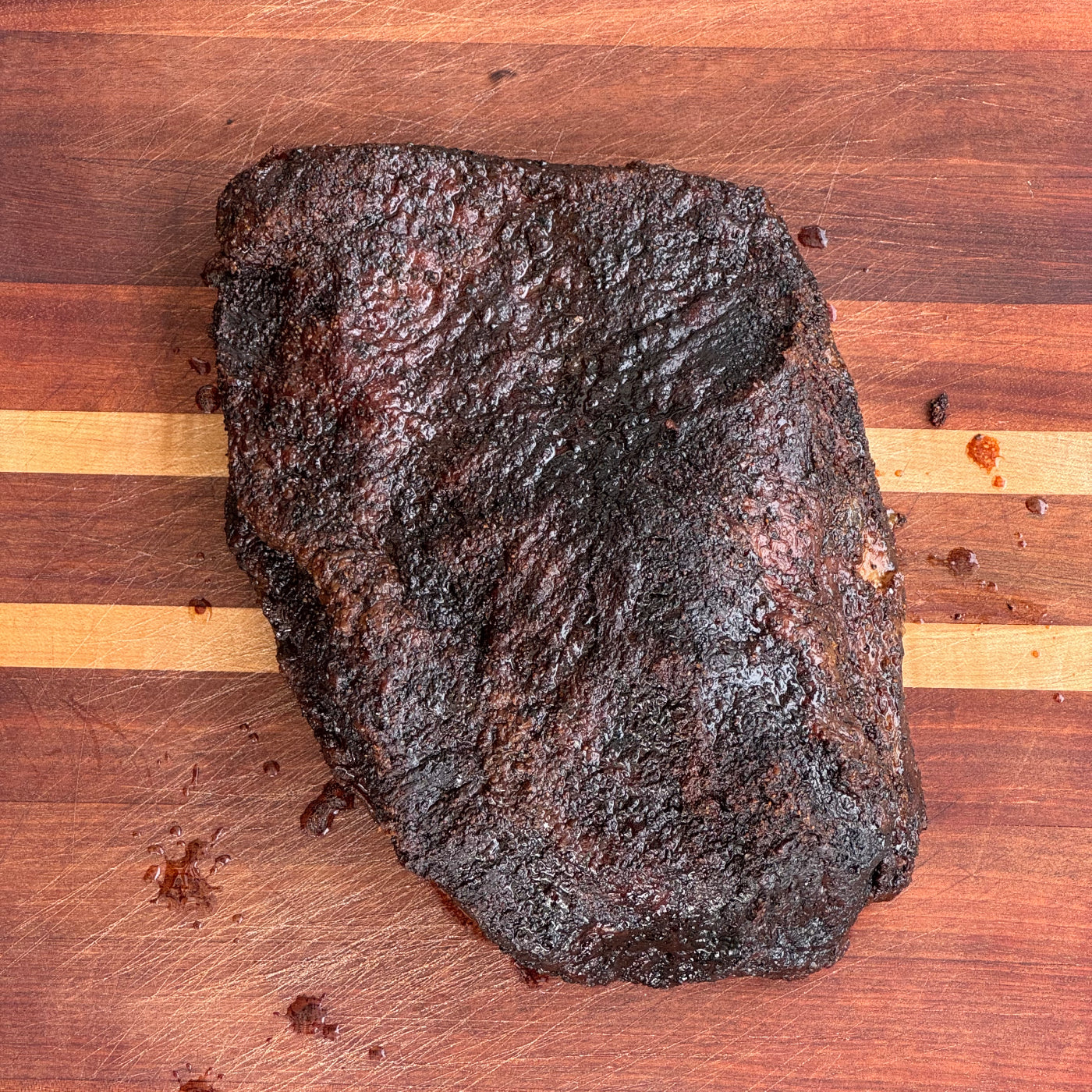
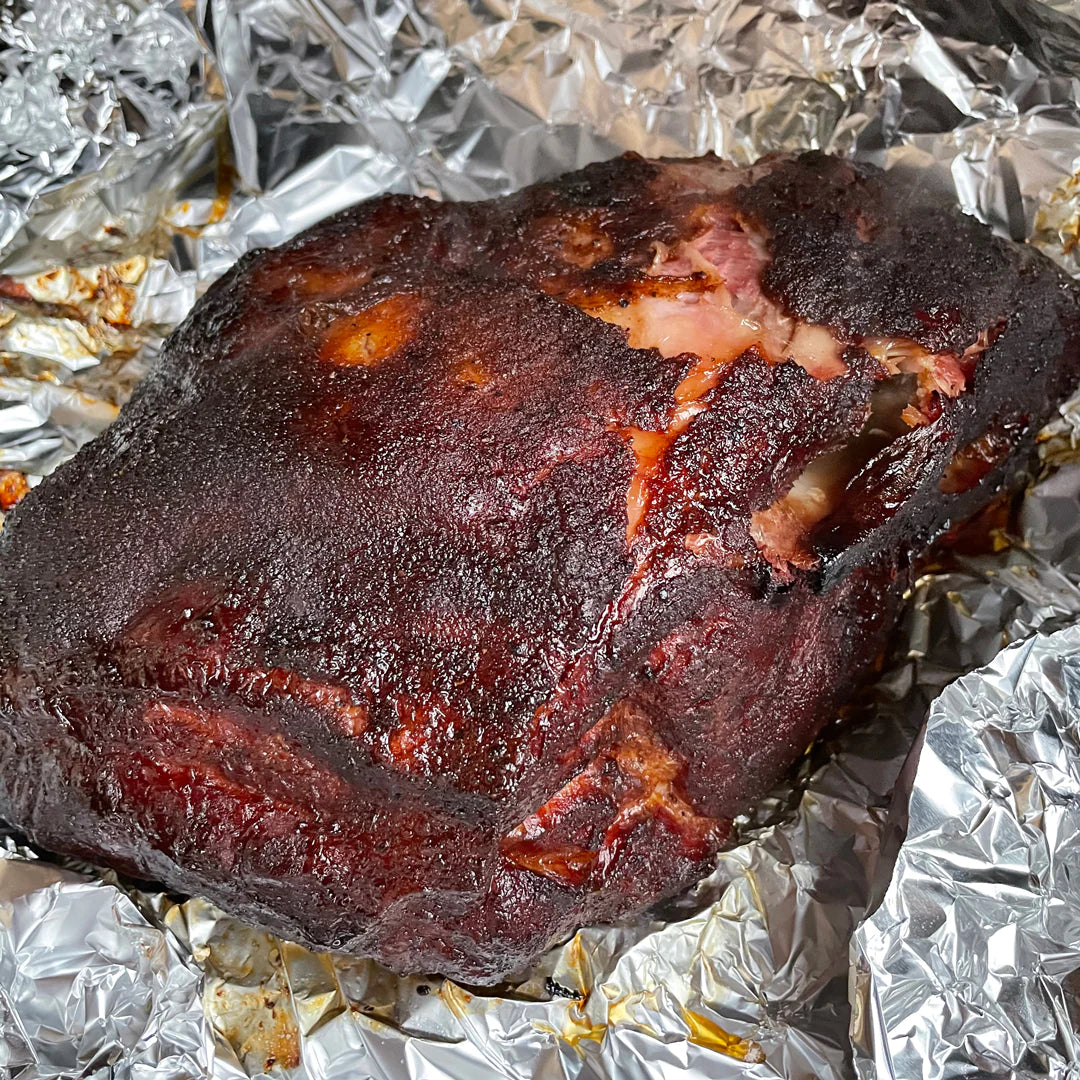
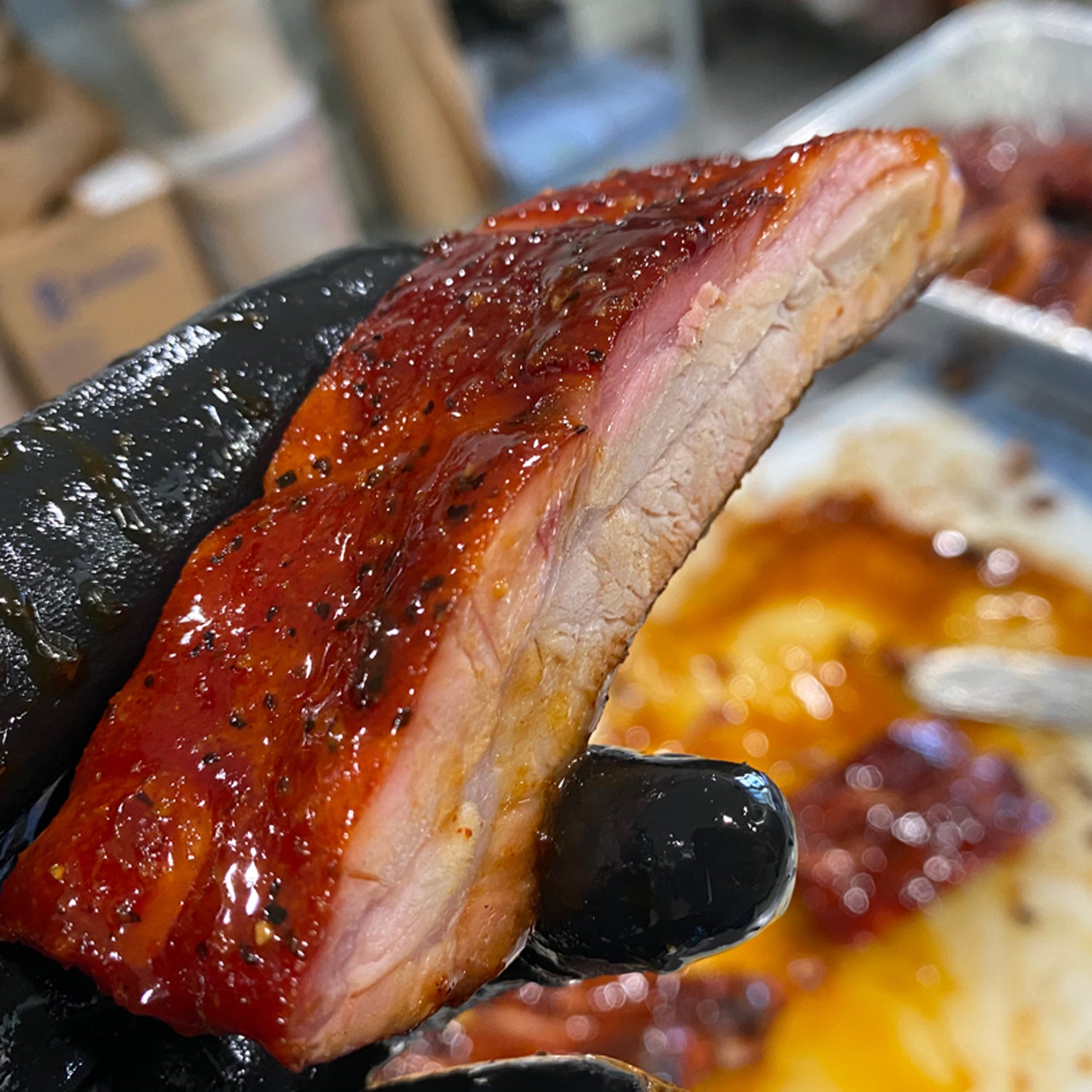

Leave a comment
All comments are moderated before being published.
This site is protected by hCaptcha and the hCaptcha Privacy Policy and Terms of Service apply.